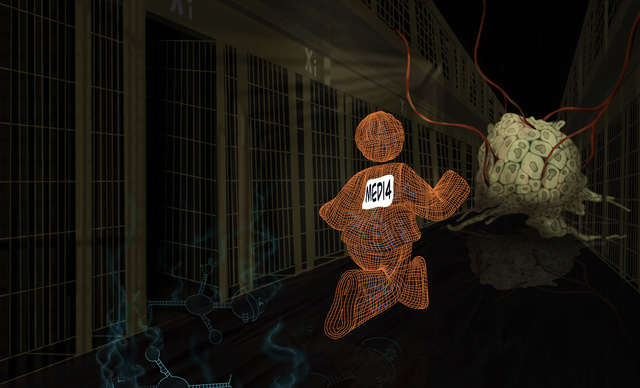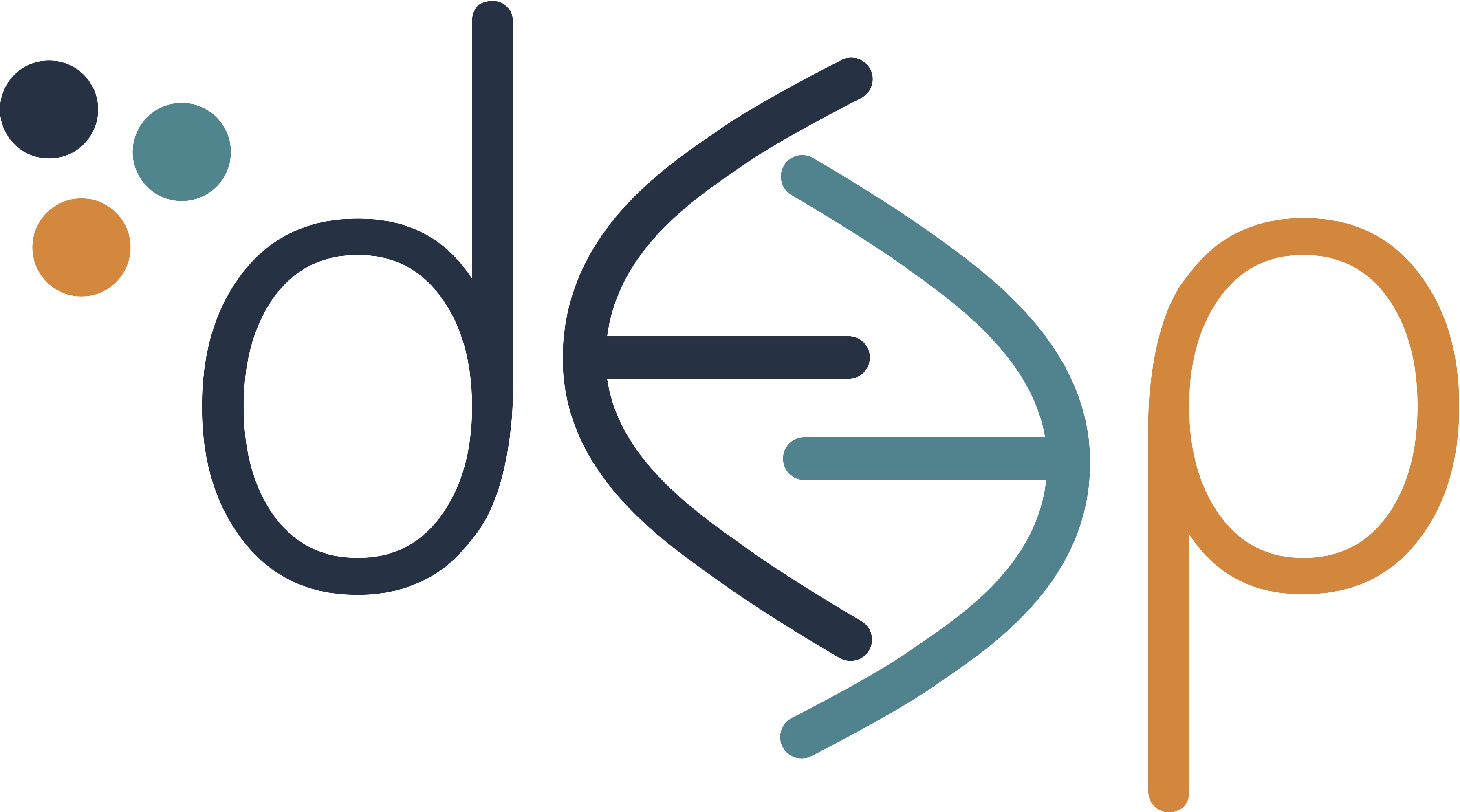Female-specific epigenetic mechanisms may contribute to tumour progression

Artwork done by Bertsy Goic, PhD: Draw in Science - illustrate to communicate
Mammals have two sex chromosomes. Female mammals have two X chromosomes, while males have one X and one Y chromosome. The role of a specific non-coding RNA, called XIST, in initiating the inactivation of one of the two female X chromosomes was already known. The purpose of this inactivation is to block the dual expression of genes located on this chromosome, as this affects cell viability. In this new study, the research teams demonstrate that XIST not only plays a role in triggering the inactivation of the X chromosome but also in maintaining it throughout the life of the cells. Loss of XIST had a significant effect on the homeostasis of breast tissue and impacted tumour development in the studied cell lines. Moreover, the researchers observed that there is a tendency for XIST to be absent from the most aggressive breast tumours, along with a reactivation of several genes from inactive X.
Among these reactivated genes, the researchers identified the gene coding for MED14, an essential subunit within the Mediator protein complex involved in the control of gene expression. Increased dosage of MED14 expression will impact on the activity of Mediator and contribute to the disruption of mammary stem cell differentiation, therefore impacting the development of aggressive tumour cells.
As this epigenetic mechanism is specific to the presence of two X chromosomes, these results will play a major role in the study of predispositions to pathologies linked to the gender of the individual.
REFERENCE
Loss of XIST impairs human mammary stem cell differentiation and increases tumorigenicity through enhancer and Mediator complex hyperactivation. Laia Richart1,$, Mary-Loup Picod-Chedotel2,$, Michel Wassef1, Manon Macario2, Setareh Aflaki1, Marion A. Salvador2, Tiphaine Héry1, Aurélien Dauphin1, Julien Wicinski2, Véronique Chevrier2, Sonia Pastor3, Geoffrey Guittard3, Samuel Le Cam1, Hanya Kamhawi2, Rémy Castellano4, Géraldine Guasch2, Emmanuelle Charafe-Jauffret2,5, Edith Heard6,7, Raphaël Margueron1,*, Christophe Ginestier2,*. Cell. 20 mai 2022.
ARTWORK
Proposed cover for this issue of Cell done by Bertsy Goic, PhD, Draw in science - illustrate to communicate
